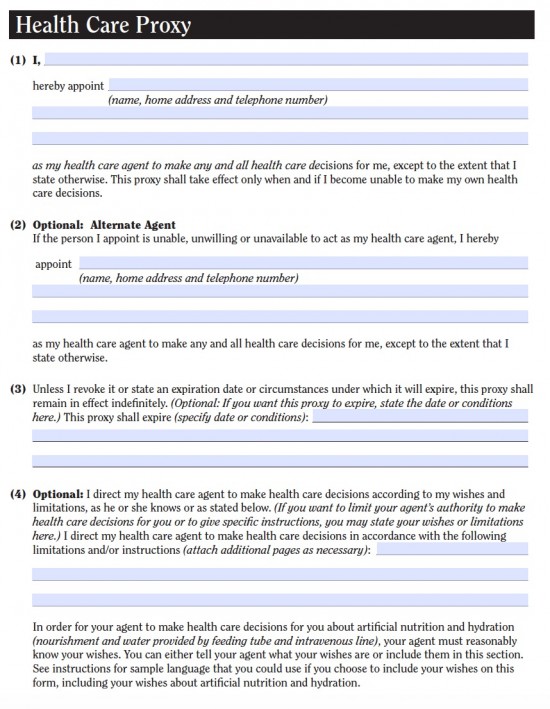After FDR died, Truman became president (1945-1953), and his period is identified by the Cold War and Communism. The healthcare concern lastly moved into the center arena of national politics and received the unreserved support of an American president. Though he served during some of the most virulent anti-Communist attacks and the early years of the Cold War, Truman fully supported national health insurance coverage.
Mandatory medical insurance ended up being entangled in the Cold War and its challengers had the ability to make "interacted socially medication" a symbolic problem in the growing crusade against Communist influence in America. Truman's prepare for nationwide medical insurance in 1945 was various than FDR's strategy in 1938 since Truman was strongly devoted to a single universal comprehensive health insurance coverage strategy.
He highlighted that this was not "mingled medication." He also dropped the funeral advantage that contributed to the defeat of national insurance in the Progressive Era. Congress had blended reactions to Truman's proposal. The chairman of your house Committee was an anti-union conservative and declined to hold hearings. Senior Republican Senator Taft declared, "I consider it socialism.
The AMA, the American Medical Facility Association, the American Bar Association, and the majority of then country's press had no mixed sensations; they hated the strategy. The AMA declared it would make physicians servants, although Truman stressed that medical professionals would have the ability to pick their method of payment. In 1946, the Republicans took control of Congress and had no interest in enacting national medical insurance.
Truman responded by focusing much more attention on a national health bill in the 1948 election. After Truman's surprise triumph in 1948, the AMA believed Armageddon had actually come. They evaluated their members an extra $25 each to resist national medical insurance, and in 1945 they spent $1.5 million on lobbying efforts which at the time was the most costly lobbying effort in American history.
He stated socialized medication is the keystone to the arch of the socialist state." The AMA and its advocates were once again extremely effective in connecting socialism with nationwide medical insurance, and as anti-Communist sentiment rose in the late 1940's and the Korean War started, national health insurance coverage ended up being vanishingly unlikely (a health care professional is caring for a patient who is taking zolpidem).

Compromises were proposed however none succeeded. Rather of a single medical insurance system for the whole population, America would have a system of personal insurance for those who could manage it and public welfare services for the bad. Discouraged by yet another defeat, the advocates of medical insurance now turned towards a more modest proposal they hoped the country would adopt: health center insurance coverage for the aged and the starts of Medicare.

The Ultimate Guide To What Is A Health Care Deductible
Union-negotiated healthcare advantages also served to cushion workers from the effect of healthcare expenses and undermined the movement for a federal government program. For might of the very same reasons they stopped working before: interest group influence (code words for class), ideological differences, anti-communism, anti-socialism, fragmentation of public law, the entrepreneurial character of American medicine, a custom of American voluntarism, removing the middle class from the union of supporters for modification through the alternative of Blue Cross personal insurance plans, and the association of public programs with charity, reliance, personal failure and the almshouses of years passed.
The nation focussed more on unions as a lorry for medical insurance, the Hill-Burton Act of 1946 associated to medical facility expansion, medical research study and vaccines, the production of nationwide institutes of health, and advances in psychiatry. Finally, Rhode Island congressman Aime Forand presented a new proposal in 1958 to cover health center expenses for the aged on social security.
However by focusing on the aged, the regards to the debate began to alter for the very first time. There was significant turf roots support from seniors and the pressures presumed the proportions of a crusade. In the whole history of the national medical insurance campaign, this was the very first time that a ground swell of lawn roots support forced a concern onto the national program.
In reaction, the federal government broadened its proposed legislation to cover doctor services, and what came of it were Medicare and Medicaid. The required political compromises and private concessions to the doctors (repayments of their traditional, sensible, and prevailing charges), to the health centers (expense plus reimbursement), and to the Republicans created a 3-part strategy, including the Democratic proposal for https://how-cocaine-is-made.drug-rehab-florida-guide.com/ thorough medical insurance (" Part A"), the revised Republican program of federal government subsidized voluntary doctor insurance (" Part B"), and Medicaid.
Henry Sigerist reflected in his own journal in 1943 that he "wanted to use history to fix the issues of contemporary medication." I believe this is, possibly, a most important lesson. Damning her own naivete, Hillary Clinton acknowledged in 1994 that "I did not appreciate how advanced the opposition would remain in conveying messages that were effectively political although substantively wrong." Perhaps Hillary should have had this history lesson initially.
This absence of representation presents a chance for attracting more people to the cause. The AMA has constantly played an oppositional function and it would be prudent to construct an alternative to the AMA for the 60% of physicians who are not members. Simply since President Bill Clinton stopped working doesn't mean it's over.
Those who oppose it can not kill this motion. Openings will take place once again. All of us require to be on the lookout for those openings and likewise require to develop openings where we see chances. For example, the focus on healthcare expenses of the 1980's presented a division in the ruling class and the argument moved into the center again - which of the following are characteristics of the medical care determinants of health?.
More About A Health Care Professional Is Caring For A Patient Who Is About To Begin Taking Losartan
Vincente Navarro states that the bulk viewpoint of national health insurance coverage has everything to do with repression and coercion by the capitalist corporate dominant class. He argues that the dispute and struggles that continually take place around the problem of health care unfold within the specifications of class which browbeating andrepression are forces that figure out policy.
Red-baiting is a red herring and has actually been utilized throughout history to stimulate worry and might continue to be used in these post Cold War times by those who wish to inflame this argument. Yard roots initiatives contributed in part to the passage of Medicare, and they can work once again.
Such legislation does not emerge silently or with broad partisan support. Legal success requires active governmental leadership, the commitment of an Administration's political capital, and the workout of all manner of persuasion and arm-twisting (what home health care is covered by medicare)." One Canadian lesson the motion towards universal healthcare in Canada began in 1916 (depending on when you begin counting), and took until 1962 for passage of both healthcare facility and medical professional care in a single province.
That is about 50 years completely. It wasn't like we took a seat over afternoon tea and crumpets and said please pass the health care costs so we can sign it and proceed with the day. We battled, we threatened, the physicians went on strike, declined clients, people held rallies and signed petitions for and versus it, burned effigies of government leaders, hissed, mocked, and booed at the physicians or the Premier depending on whose side they were on.